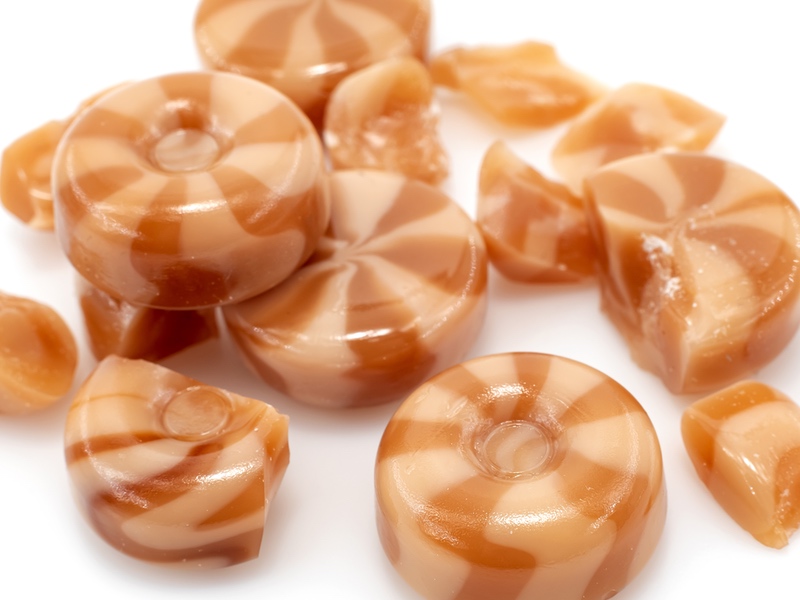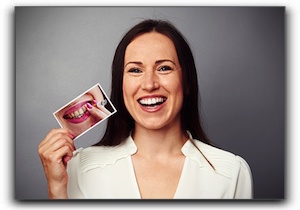Your teeth are among the most important structures in your body. They are responsible for tasks such as biting, chewing, and speaking.
Unfortunately, there are many ways in which you can accidentally break your teeth. This can lead to pain, discomfort, and long-term disability.
At Love Your Smile, we want you to be careful with your teeth. Let’s discuss the top seven ways you can break your teeth, so you know what to watch for and when to be the most careful with your oral health in mind.
1. Biting on Hard Objects
At Love Your Smile, we want you to be careful with your teethMany people have a habit of biting on hard objects, such as ice, pens, or pencils. While this may seem harmless, it can actually cause significant damage to your teeth. Biting on hard objects can cause your teeth to crack, chip, or even break. To avoid this, try to break the habit of biting on hard objects and stick to chewing on food.
2. Using Your Teeth as Tools
Using your teeth as tools is a common way people break their teeth. For example, using your teeth to open a bottle, tear open a package, or even cutting a piece of tape for that birthday gift can cause damage to your teeth. Always use the appropriate tools for these tasks and avoid using your teeth.
3. Grinding Your Teeth
Teeth grinding, also known as bruxism, is a common condition that can cause significant damage to your teeth. Grinding your teeth can cause your teeth to become worn down, cracked, or broken. If you grind your teeth, talk to your British Columbia dentist at Love Your Smile – Dr. Stephen Malfair about getting a mouthguard to protect your teeth.
4. Eating Sticky or Hard Foods
Eating sticky or hard foods such as a chewy caramel or a piece of hard candy can cause your teeth to crack or break. If you regularly eat these types of foods, try to chew them on the opposite side of your mouth to avoid putting too much pressure on one tooth. Avoid biting those hard candies, too. They taste great, but they can cause a lot of damage.
5. Playing Contact Sports
Playing contact sports such as football or hockey can increase your risk of breaking a tooth. Broken teeth can occur from personal contact, contact with the ground, or contact with equipment. Even soft equipment such as an inflated ball can cause damage. Make sure to wear a mouthguard while playing to protect your teeth from impact.
6. Ignoring Dental Problems
Ignoring dental problems such as cavities or gum disease can lead to weakened teeth. Weak teeth are more prone to breaking. Make sure to visit your British Columbia dentist at Love Your Smile – Dr. Stephen Malfair regularly to keep an eye on your oral health and to address any dental issues before they become a problem.
7. Getting Into Accidents
Finally, accidents can happen and they can often result in broken teeth. Whether it’s a car accident, a fall, or running into a bar at the playground, make sure to seek dental care as soon as possible if your teeth are damaged. Quick reactions to damage can help ensure the best chances of saving a tooth and limiting damage.
There are many ways in which you can accidentally break your teeth. We encourage you to be aware of these risks and take steps to avoid accidents.
Remember to visit your dentist at Love Your Smile – Dr. Stephen Malfair regularly for checkups and address any dental issues promptly to keep your teeth healthy and strong.
CONTACT LOVE YOUR SMILE – DR. STEPHEN MALFAIR:
250-860-8900
LOCATION (TAP TO OPEN IN GOOGLE MAPS):
301-1890 Cooper Rd
Kelowna, British Columbia
V1Y 8B7











